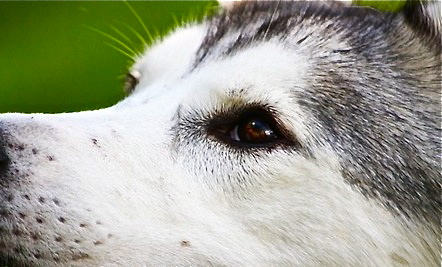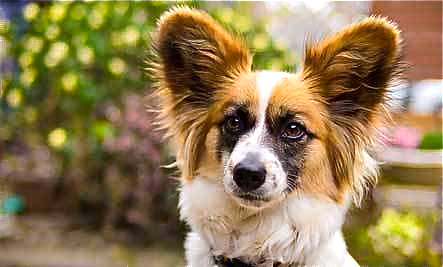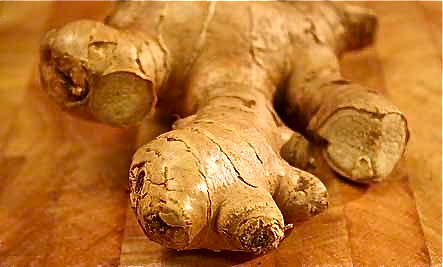Pet loss is a delicate topic, and even if you have been through it yourself, it is difficult to know what to say when someone you know experiences the death of an animal companion. Here’s some helpful content which offers some great insight on what to do.
Say This
“Your pet was so lucky to have you.”
During times of grief many people look inward and ask themselves if there was anything else they could have done differently. Reminding someone of what a wonderful fur parent they were, and that their pet enjoyed the best life possible, can help to alleviate any guilt a fur [parent] may be feeling.
Don’t Say This
“When are you getting another pet?”
This implies that a pet is like a piece of furniture – if it breaks or gets old you just throw it out and get a new one. Nothing could be further from the truth.
Our pets provide the kind of emotional connection that, for some, can resonate deeper than what they feel with human beings. Pets demand that we be selfless and in return we are rewarded with unconditional love. That is not something that can be erased immediately.
Say This
“Do you remember when…?”
Sharing a personal, heartwarming or funny story about a pet with a grieving [caregiver] can help move the focus away from the loss to a remembrance of happier times. And it is those happy times that will help many fur [parents] get through the tough times ahead.
Don’t Say This
“What’s the big deal? You have other pets.”
As any fur [parent] will tell you, each pet is different and brings something unique to our lives. Would you tell a parent that has lost a child, “Don’t worry about it. You have other kids?” Of course not. Be sensitive to the loss irrespective of how many pets a person might have.
Say This
“Is there anything I can do?”
It might sound cliché but if it is truthful, and you are willing to help, just knowing there is someone there if needed can provide a great deal of comfort to a grieving fur parent.
But if you say it you need to mean it. If someone reaches out to you with a request after you have offered, and you are not able or willing to help, you can damage a relationship forever.
Don’t Say This
“Are you really going to have [him/her] cremated?”
Just like it is with the passing of people, everyone has their own particular desires for how to handle the services. In the case of pets, cremation allows us to “keep” our pet with us forever. By implying to someone that their choice of cremation is foolish speaks to a personality void of understanding the desire for some type of physical presence.
Say This
“You did everything you could do.”
Many fur [parents] feel enormous guilt upon the passing of the pet. Perhaps they feel if they’d taken their pet to the vet earlier the outcome may have been different.
Guilt is also often felt when it comes to end of life decisions, one of the hardest things a fur [parent] may have to go through. Letting the fur [parent] know they responded appropriately and with love can go a long way in helping to soothe a grieving [caregiver].
Don’t Say This
“It’s just a dog (cat, rabbit, hamster, etc.)”
This will invariably come from the person who has never [had] a pet. They cannot begin to understand the connection we feel with our pets and probably do not view this statement as crass or insensitive.
But you have to wonder if they would say the same kind of thing if they were talking about a family member or friend passing.
Do This
Sending a condolence card will be seen by most any grieving fur [parent] as a very thoughtful act. This is not the time for an email which is impersonal.
Include a brief, handwritten note and include a photo of the pet in happier times if you have one. Another kind gesture is to make donation to a pet charity in the name of the [fur parent]. If the dog or cat died from cancer a donation to an animal shelter or [another] worthy organization can mean the world to a grieving fur parent.









